News
Google Removes AI Weapons Ban: Major Shift in Ethical Guidelines
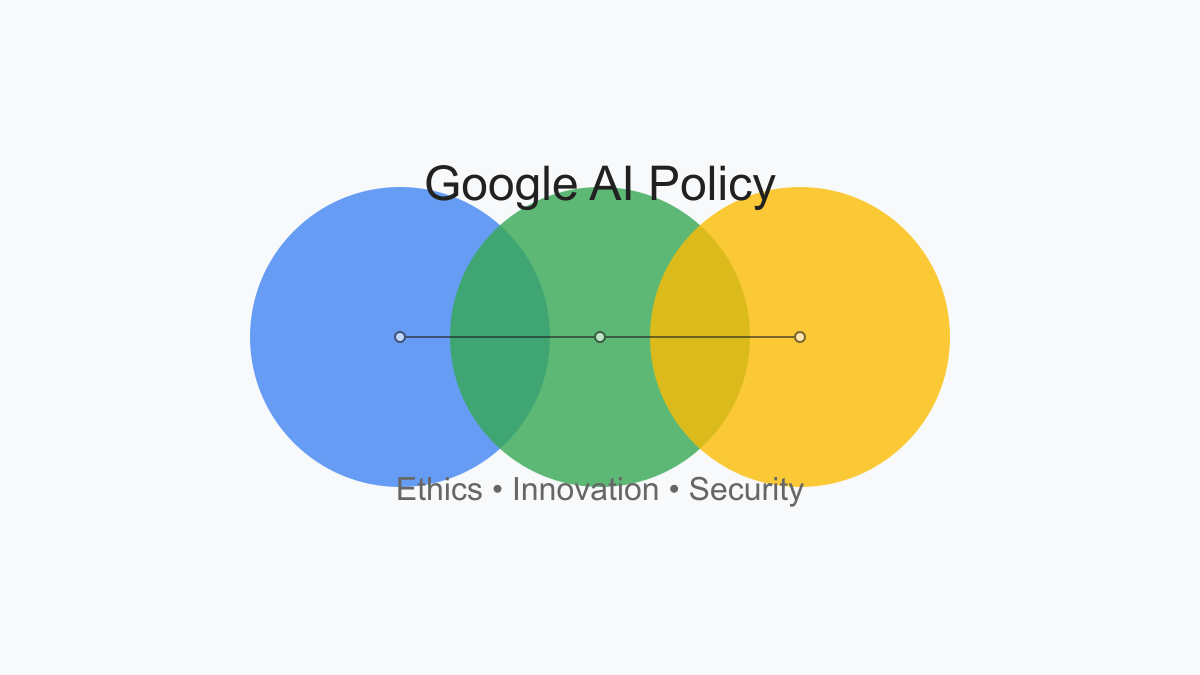
In a significant policy shift that reflects the evolving landscape of artificial intelligence and national security, Google has officially removed its previous commitments not to use AI for weapons or surveillance purposes. Consequently, this decisive move, announced on Tuesday, marks a substantial departure from the company’s 2018 ethical guidelines. Furthermore, it signals a new era in the relationship between Silicon Valley and national defense. As a result of this change, the tech industry is now witnessing a fundamental transformation in how AI technologies can be applied to defense applications.
The Evolution of Google’s AI Principles
Historical Context and Previous Stance
Initially, in 2018, Google established itself as an industry leader in ethical AI development by introducing comprehensive guidelines that explicitly prohibited the use of AI technology in applications “likely to cause overall harm.” Subsequently, these principles became particularly noteworthy for their clear stance against weapons development and surveillance systems. As a consequence, this position set Google apart from many of its competitors in the tech industry. Moreover, the company’s ethical stance at that time demonstrated a strong commitment to responsible AI development.
Initially, the original principles were implemented following significant internal discourse and employee activism, particularly in response to Project Maven, a Pentagon contract that involved using Google’s computer vision algorithms for drone footage analysis. Subsequently, the employee pushback, which included thousands of workers signing an open letter stating “We believe that Google should not be in the business of war,” ultimately led to the company’s decision not to renew the military contract. In addition, this early stance demonstrated Google’s previous commitment to limiting military applications of its technology.
The New Direction
Google’s updated AI principles reflect a fundamental shift in the company’s approach to national security and defense applications. Key changes include:
- Removal of the explicit ban on weapons-related AI applications
- Elimination of restrictions on surveillance technology development
- Introduction of new provisions for human oversight
- Enhanced focus on aligning with democratic values
Driving Factors Behind the Policy Change
Geopolitical Considerations
First and foremost, the modification of Google’s AI principles comes amid increasing global competition in artificial intelligence development. In addition, Demis Hassabis, Google’s head of AI, and James Manyika, senior vice president for technology and society, strongly emphasized the importance of democratic nations leading in AI advancement. Meanwhile, this shift reflects broader changes in how technology companies approach national security collaboration., stating, “There’s a global competition taking place for AI leadership within an increasingly complex geopolitical landscape.”
Industry Alignment and Competition
Currently, Google’s previous restrictions had positioned it as an outlier among major AI developers. For instance:
- First of all, OpenAI has partnered with military manufacturer Anduril
- Moreover, Anthropic collaborates with Palantir on defense projects
- Furthermore, Microsoft and Amazon maintain long-standing Pentagon partnerships
National Security Implications
Dr. Michael Horowitz, a political science professor at the University of Pennsylvania and former Pentagon advisor, notes that this policy shift reflects the increasingly close relationship between the U.S. technology sector and the Department of Defense. The integration of AI, robotics, and related technologies has become crucial for military applications and national security strategies.
Impact and Implementation
Safeguards and Oversight
Although Google has removed specific prohibitions, nevertheless, the updated principles still maintain certain protective measures. Specifically, these include:
- Human oversight requirements
- Feedback mechanisms for continuous improvement
- Testing protocols to mitigate unintended consequences
- Alignment with international law and human rights principles
Industry Response and Market Position
Above all, the policy change positions Google to compete more effectively in the rapidly expanding defense sector, where artificial intelligence plays an increasingly central role. Additionally, this shift aligns with broader industry trends. Therefore, it could significantly influence how other technology companies approach similar ethical considerations. Furthermore, this development marks a crucial turning point in the relationship between Silicon Valley and the defense industry.
Critical Perspectives and Concerns
Employee and Activist Responses
The policy change has drawn mixed reactions from various stakeholders. Prof. Lilly Irani from the University of California at San Diego, a former Google employee, expresses skepticism about the effectiveness of the remaining ethical guidelines, pointing to historical patterns where similar limits have been challenged.
Ethical Implications
As a consequence of these changes, the removal of explicit restrictions now raises several important questions. Specifically, these concerns include:
- The role of private companies in national defense
- Balancing innovation with ethical considerations
- Maintaining accountability in AI development
- Protecting civil liberties while advancing security capabilities
Future Implications and Industry Trends
Technology Sector Evolution
Most importantly, this policy shift represents a broader trend in the technology sector, where companies are increasingly aligning their operations with national security interests. As a consequence, the change could influence:
- First and foremost, future partnerships between tech companies and defense agencies
- Additionally, development priorities in AI research
- Furthermore, industry standards for ethical guidelines
- Finally, international collaboration patterns
Global Competition and Innovation
The decision reflects growing concerns about maintaining technological leadership in an increasingly competitive global environment, particularly regarding:
- AI development capabilities
- National security applications
- International partnerships
- Research and development priorities
Conclusion
In conclusion, Google’s removal of its AI weapons ban represents a significant milestone in the evolution of technology industry ethics and national security collaboration. While still maintaining certain ethical guidelines, consequently, the company has positioned itself to play a more active role in defense-related AI development. Moreover, this strategic shift reflects broader changes in the global technological landscape. Furthermore, it demonstrates how rapidly the relationship between technology companies and national security interests is evolving.
Meanwhile, the long-term implications of this policy shift will likely influence industry standards, international competition, and the future development of AI technology. In the meantime, as the relationship between Silicon Valley and national defense continues to evolve, the balance between innovation, security, and ethical considerations remains a critical focus for stakeholders across the technology sector. Ultimately, this transformation signals a new chapter in the intersection of technology and national security.
This article is based on reporting from The Washington Post and includes analysis from industry experts and academic sources. For the most current information on Google’s AI principles and policies, readers are encouraged to consult Google’s official AI principles page.

You may like
-
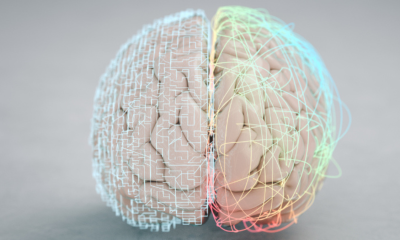

AI Language Models Display Human-like Cognitive Limitations, New Study Reveals
-


Workday Layoffs Accelerate AI Transformation as Tech Giant Shifts Focus
-
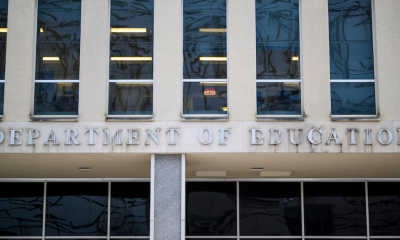

AI Analysis Software Being Deployed to Review Federal Agency Data
-
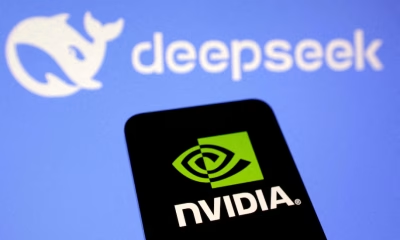

US Senators Push for Stricter Chip Controls Amid Chinese AI Advances
-
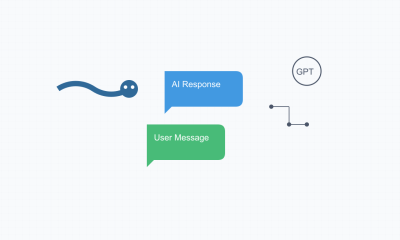

How to Create Your First AI-Powered Chatbot Using Python and OpenAI: A Beginner’s Guide
-
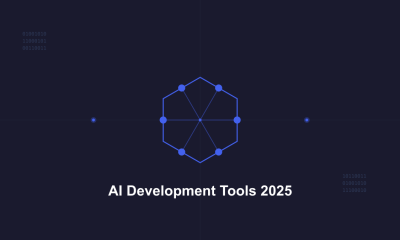

AI Development Tools Every Programmer Should Know in 2025